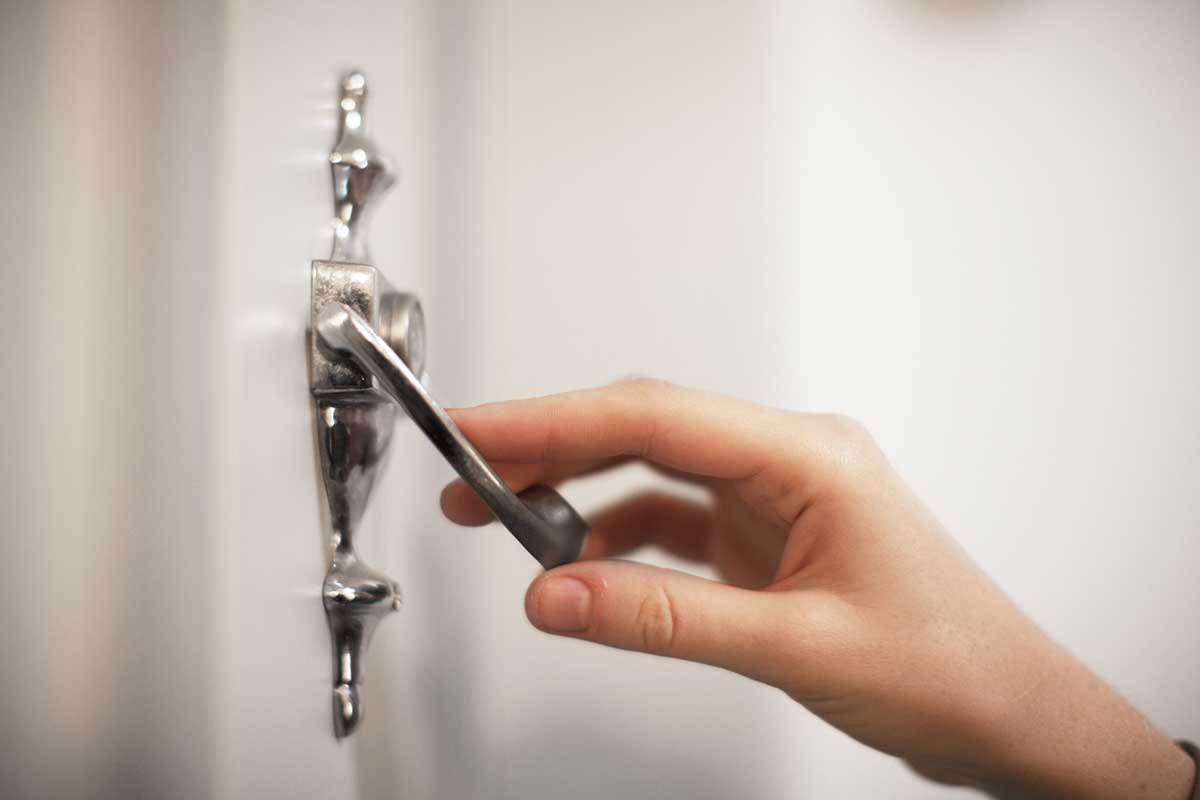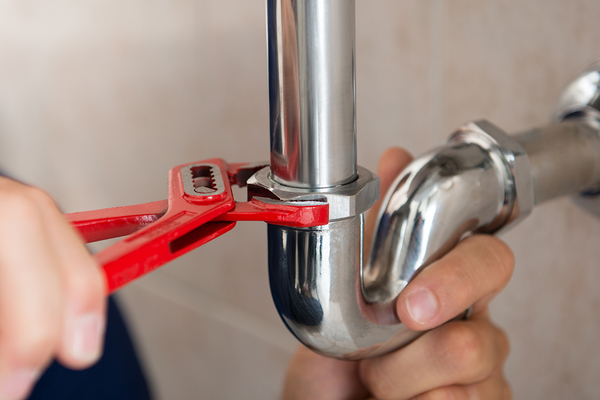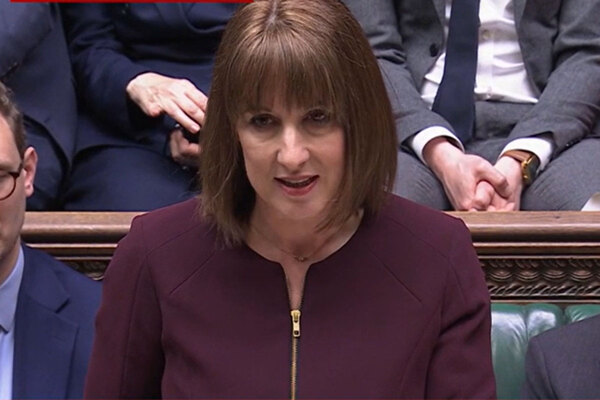Counting the cost of missed repairs appointments
What is the extent of the problem when it comes to missed repairs appointments in the sector, and what is causing it? An Inside Housing survey, with technology company Localz, found out more
In association with:

Visits to properties by repairs and maintenance operatives are, for many social housing residents, the most frequent point of contact with their landlord. As such, they are hugely important in terms of customer satisfaction, but they can also be a source of frustration. Missed appointments lead to irritation for tenants and extra costs for housing providers.
Efficient deployment of repairs and maintenance staff is crucial to delivering excellent service to social housing residents and to ensuring financial efficiency. It is also fundamental to the provision of safe, well-maintained properties.
Despite this, an exclusive survey carried out by Inside Housing, in partnership with Localz, the technology and communication company, has shown that organisations are grappling with significant numbers of missed appointments. More than 80% of respondents from across the social housing sector said that up to 20% of their repairs and maintenance appointments were missed. Of that, 63% said up to 10% were. A smaller, but still significant, 5% said more than 40% were missed.
A total of 74 organisations were surveyed; 54% of which were housing associations and a third local authorities. They include large and small landlords.
Asked how many repairs and maintenance appointments they carried out in a month, nearly a third said more than 2,000; 17% said between 1,001 and 1,500. Just over 60% of respondents said repairs were carried out by a direct labour organisation, while 35% hired a contractor.
Missed appointments cost landlords around £50-£100. These are significant sums.
The number one reason given for missed appointments (for 80% of respondents) was that customers were not aware of or at home for the appointment. It was also something that came through in industry commentary.
George Paterson, executive director of property at Together Housing Group, says the association had completed just over 46,000 repairs for the first six months of this year, and around 5.3% of its appointments had been missed (equating to around 2,400).
“Most of them will be due to a tenant not answering the door or not being in,” he says. “In some cases, the tenant won’t let you in, but that is less likely to happen when you’re carrying out a repair and more likely when you’re going to do a gas or electrical safety check.”
The reason, he says, is multi-layered, but he points to examples where tenants had blocked access because they were hoarding excess items or rubbish and were either embarrassed or knew technicians wouldn’t have been able to carry out the safety check.
In a bid to improve its missed appointment rate, Together is in the process of implementing a new digital tool – iAppoint – which will allow its customers to make their own appointment via an app. Currently, Together’s residents are given an appointment through a contact call centre, which can be time-consuming.
“iAppoint will hopefully make it easier for the customer to get an appointment and make it at a time that’s more convenient for them. We also think that one of the things we can do better is communicate with the customer as much as possible, such as contacting them when a technician is on their way to the appointment.”
Craig Royall, housing maintenance manager at Cannock Chase Council, also says tenants not being in or aware of the appointment was one of the main reasons appointments were missed, adding that they had “a small number of operatives who contribute to the numbers” by claiming they had visited a property when they had not.
“There’s long been an issue in regard to the trades, where they do a ‘Friday knock’, where they’ll write the calling cards out before they go and get out of there quickly… but we managed to narrow that down quite
a bit when I arrived,” he says.
The council carries out between 12,000-13,000 repairs a year and recorded around 3% of appointments being missed over the last quarter. He adds that it has managed to reduce the number of missed appointments slightly since the pandemic began because more people have been at home.
In numbers
80%
Respondents who said up to 20% of their repairs and maintenance appointments were missed
60%
Respondents who used a direct labour organisation for repairs; 35% hired a contractor
<£50
Cost of each missed appointment for 27% of organisations
80%
Respondents who said customers not been aware of or at home was the main reason for missed appointments
Mr Paterson, who estimates the cost of missed appointments for his organisation will be around £100,000 for the year, says better resident communication was key to reducing this figure.
More than half the landlords responding to our survey told us they were not notifying their customers via text before an appointment, instead opting for phone, email or other communication methods. Asked whether their organisation used an automated customer notification system, 57% said no, despite 95% of them believing this would make a difference.
Gary Rosier-Taylor, vice-president of sales for Europe, the Middle East and Africa at Localz, says: “[This shows communication] is either being done in a very manual capacity such as face-to-face or via phone calls, which is time-consuming, or they are opting for letters, which is old school and is not the way of the world...
“Most people just ignore post that comes through the door.”
A further 30% of respondents said they didn’t know enough about automated customer notification systems, with cost and lack of training or skills also cited as reasons for not having one, but Mr Rosier-Taylor says these are “myths”, as such systems are “very simple” to operate.
Repairs and maintenance visits are the most frequent point of contact between residents and landlords and, as such, an important factor in customer satisfaction. This survey showed that over 50% of organisations took longer than a day between completing a job and requesting feedback, while only 11% said more than half of their customers gave feedback.
Mr Rosier-Taylor points out: “Customer communication has a fundamental impact... The first is operational efficiencies and the second is customer satisfaction. If we can tie those together, communication could make a really significant difference to any organisation out there.”











